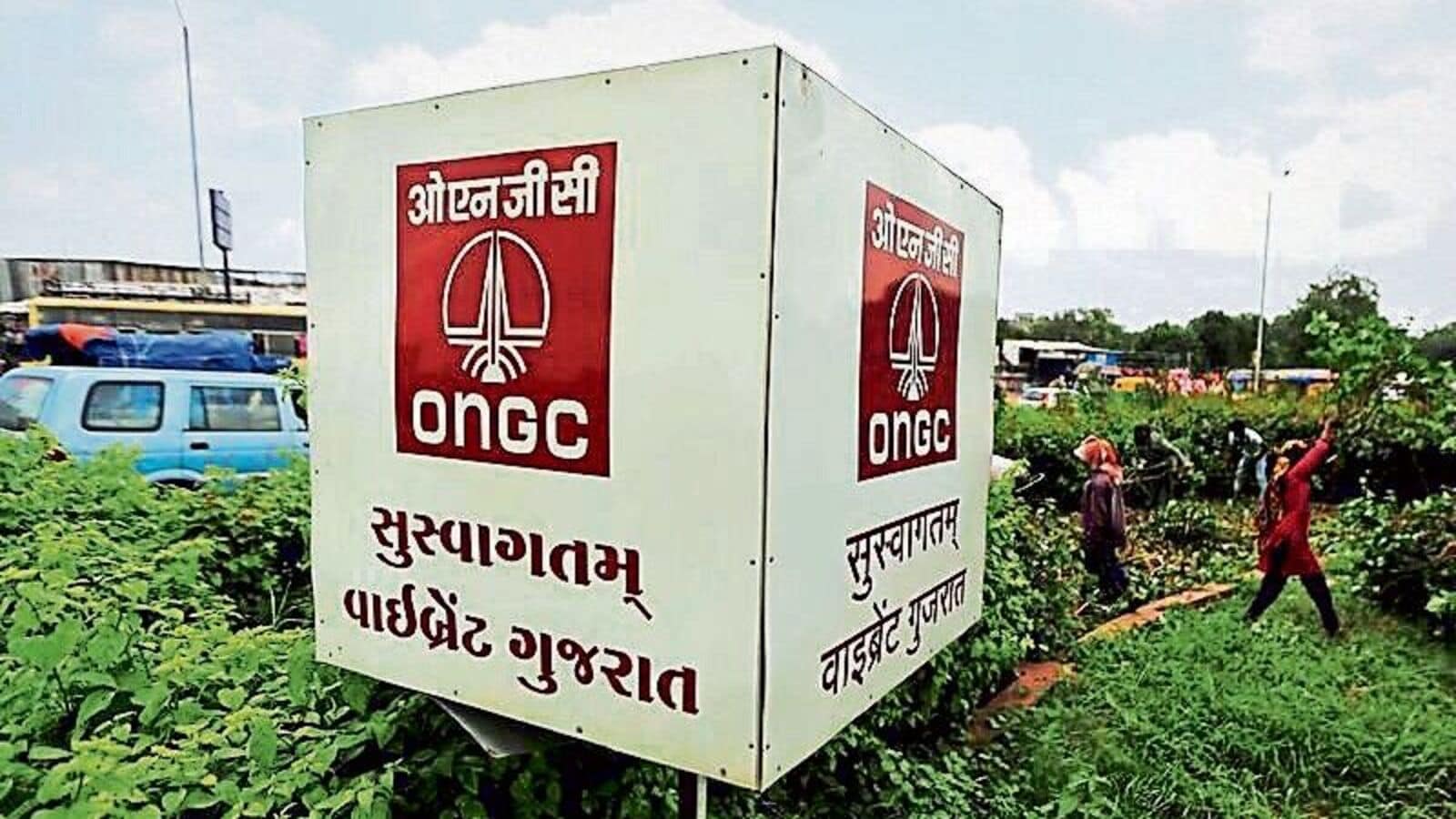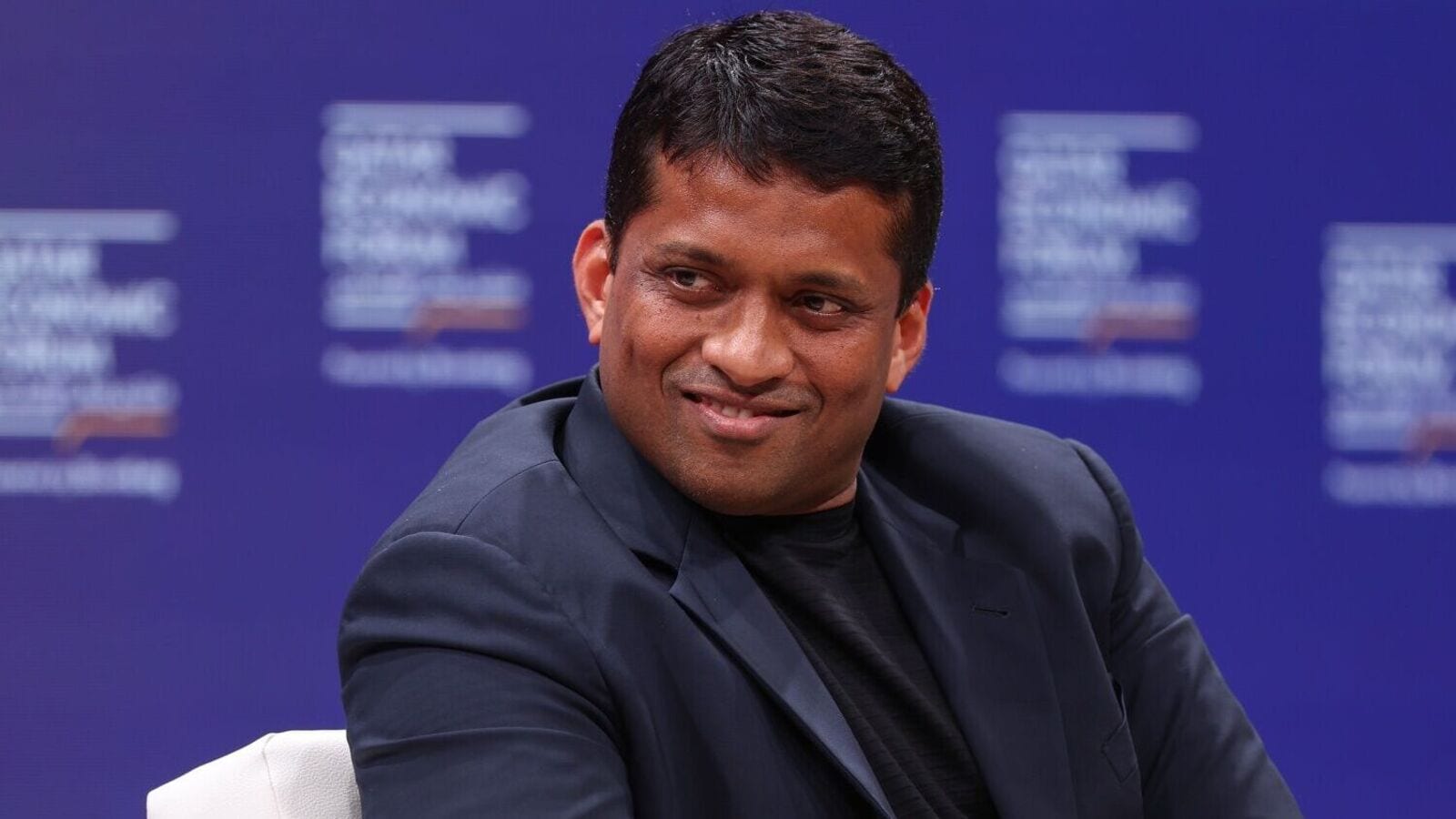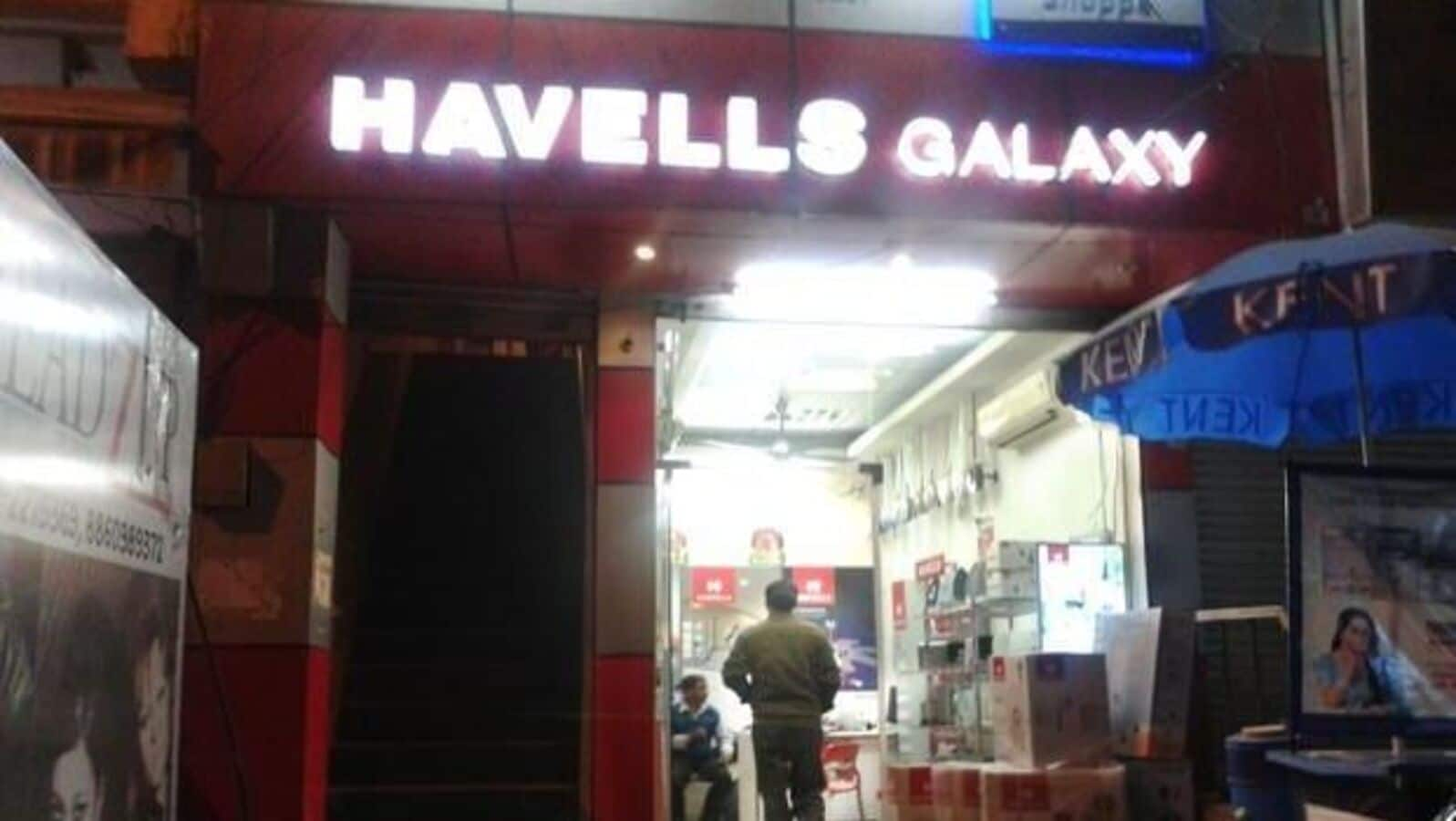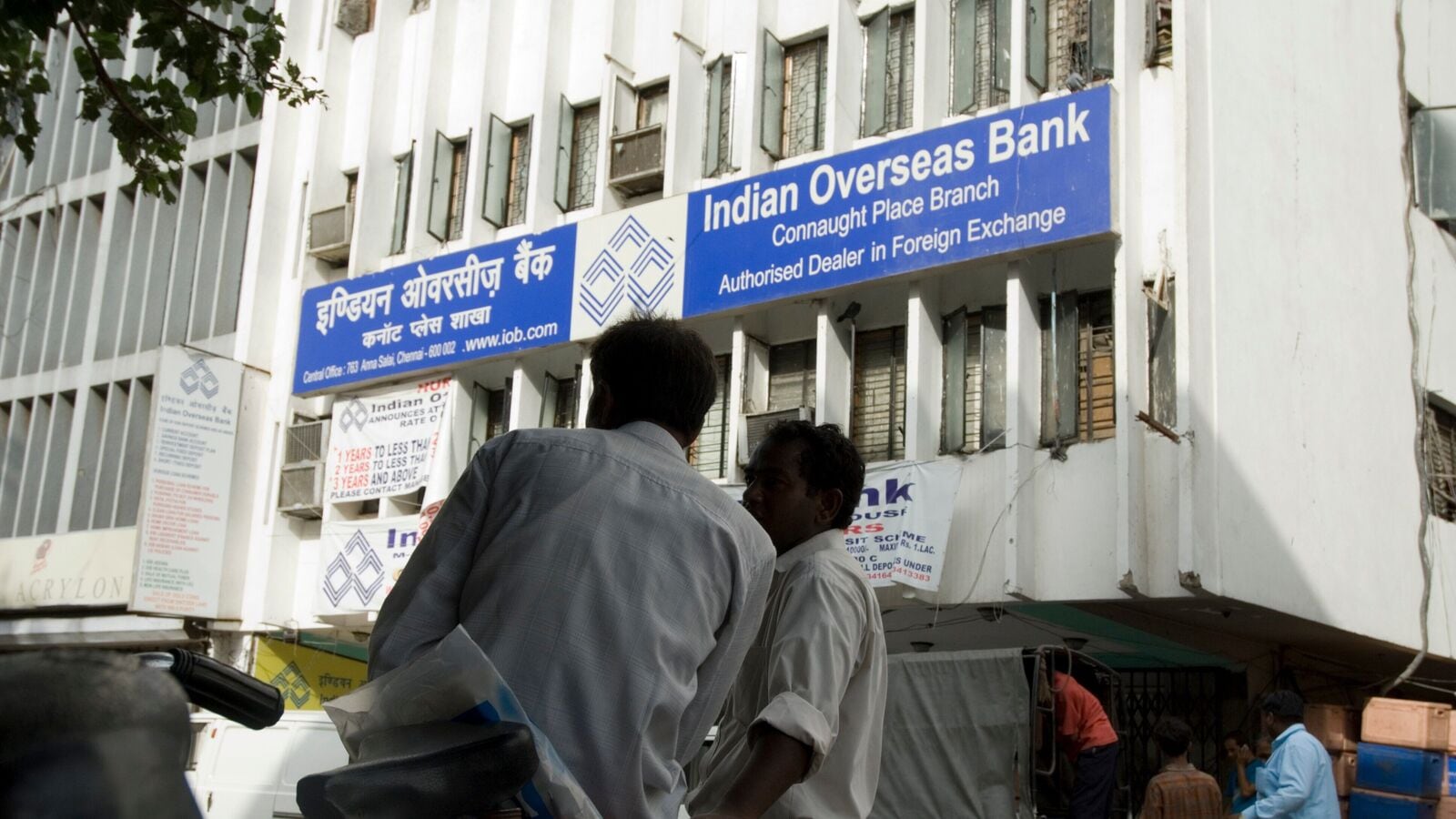For disputed amounts under ₹10 crore, ONGC will use the services of the New Delhi-based India International Arbitration Centre (IIAC), a commercial disputes resolution forum that is headed by a former judge of the Supreme Court.
This follows the finance ministry’s advisory in June urging all government entities to curb arbitration proceedings valued at over ₹10 crore in domestic procurement contracts in order to cut such disputes and reduce their financial burden.
ONGC “has implemented the guidelines issued by MoF (ministry of finance) vide OM (office memorandum) dated 3.6.2024 applicable for domestic public procurement by Govt. Entities,” a spokesperson for ONGC said in an emailed response to Mint’s query.
Also read | Oil India first PSU to reduce arbitration after finance ministry’s advisory
“Accordingly, in future contracts of ONGC for domestic procurement, the upper limit of claim amount to be referred to arbitration shall be ₹10 crore and the arbitration will be governed through institutional arbitration under India International Arbitration Centre in accordance with the above mentioned guidelines,” the spokesperson added.
Queries emailed to the ministry of law and justice and the ministry of finance on Wednesday did not elicit a response.
However, in response to an emailed query about ONGC’s plan to use the services of IIAC, its registrar Vinay Kumar Sanduja said, “This information can be given by ONGC. We have no information.”
ONGC had to legally fight contractors’ claims worth ₹170.41 billion in FY24, a little lower than FY23’s ₹193.45 billion, as per its annual reports. The company listed these values as contingent liabilities, indicating they would have to be paid if a court or an arbitrator decided against ONGC.
This development assumes importance as it is the second instance of a public sector undertaking (PSU) following the finance ministry’s advisory and codifying changes to its domestic procurement contracts.
Also read | Mint Explainer: How mediation can speed up insolvency dispute resolution
Mint reported last week that OIL was planning to amend its general conditions of contract to align with the finance ministry’s advisory, in about a month’s time.
“The memorandum is restricted to domestic procurement contracts and is advisory in nature rather than prescriptive. Even then, it does not set the right tone given that India has been promoting itself as an arbitral hub but here discourages arbitration itself,” said Shaneen Parikh, a partner and head of international arbitration at law firm Cyril Amarchand Mangaldas. Choosing litigation over arbitration is unlikely to increase efficiency, she said. “What is promising, though, is that while following the memorandum, ONGC has opted for institutional arbitration over the usual ad hoc process, which will incentivise efficiency,” Parikh added.
The finance ministry guidelines aim to cut legal costs borne by PSUs and other government entities, as those have been a major dent to the public exchequer. For instance, in the case of Hindustan Construction Company and Anr. vs Union of India, private contractors alleged that PSUs owed them upwards of ₹6,000 crore in arbitral awards. The government denied these allegations, but confirmed that it had paid over ₹3,000 crore in arbitral awards over a period of 2008-19 to the contractors.
ONGC said this move would strengthen institutional arbitration in the country, as the government’s guidelines preferred it over ad hoc arbitration.
Ad hoc arbitration is when parties unanimously decide the arbitrator, the rules of arbitration and the procedure to be followed, among other things. Institutional arbitration is when parties engage services of an institution to do all the aforementioned things.
Also read | India aims to be global arbitration hub. And cut costs for its biggest litigant.
While IIAC is the only arbitration centre directly funded by the central government, there exist multiple such institutions across the country which are either run by courts—for instance, the Delhi International Arbitration Centre is run by the Delhi High Court—or privately run institutions. They all provide necessary services for arbitration proceedings, including a panel of arbitrators to choose from. Mint reported on 29 September that the government is trying to use the IIAC more effectively by bolstering its caseload.
This is not the first time the government has tried to promote institutional arbitration over ad hoc practice. Major reforms to the Arbitration and Conciliation Act, the nation’s key law on the subject, have been to promote institutional arbitration.
“India has not fully embraced institutional arbitration as the preferred mode of arbitration despite the existence of several institutions which administer arbitrations,” said the Justice B.N. Srikrishna-led expert committee report in 2017. The Arbitration Act was amended in 2019 based on the committee’s suggestions.
Further reforms suggested by an expert committee led by former law secretary T.K. Viswanathan in 2024 also mention that there is an “overwhelming prevalence of ad hoc arbitration as compared to institutional arbitrations.” The Viswanathan committee report then said that even though reforms were made in 2019 to propel institutional arbitration, they were inadequate.
ONGC told Mint in its email response that the company has a robust internal mediation mechanism and the same is made stronger with enhanced transparency and defined timelines to make it faster and cost effective.
This push for mediation emanates from the finance ministry’s advisory, which urged government entities to engage in mediation over arbitration, which is more time-consuming and expensive. The finance ministry advisory even asked government entities to litigate matters in courts instead of engaging in arbitration. To be sure, this advisory is only applicable to domestic public procurement contracts where the disputed value is over ₹10 crore.









Leave a Reply